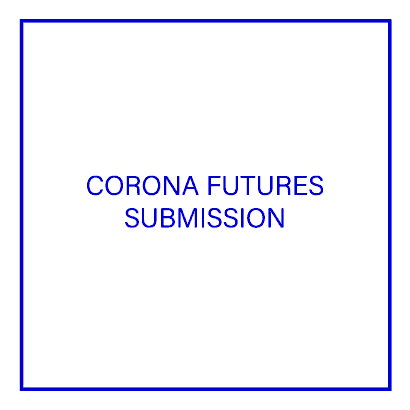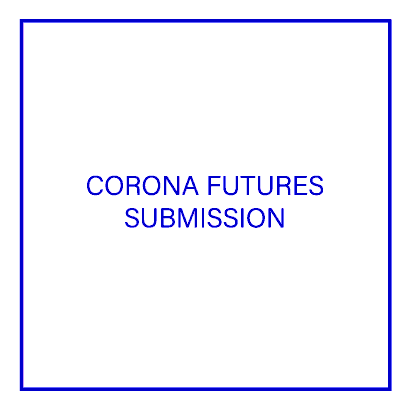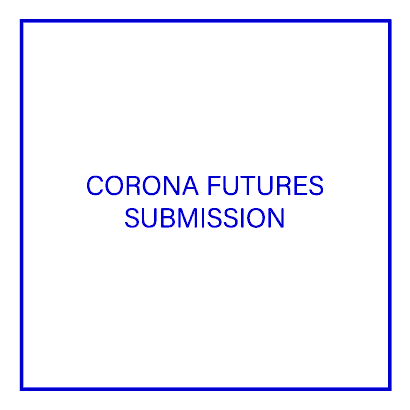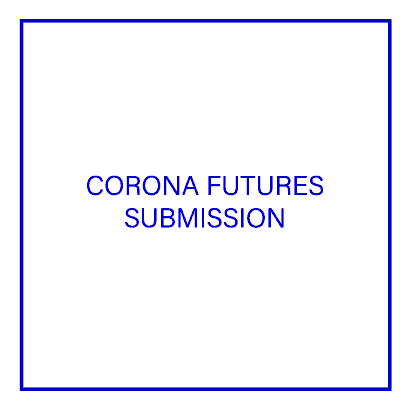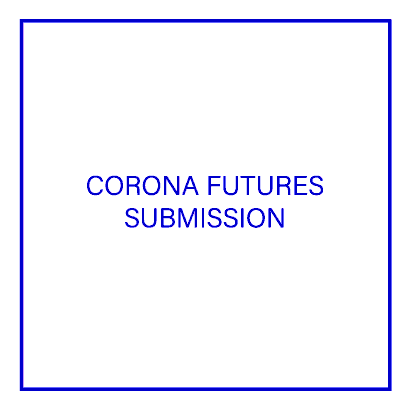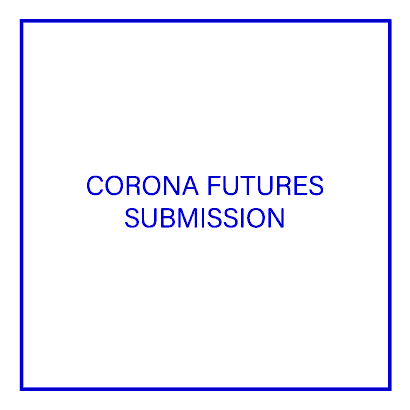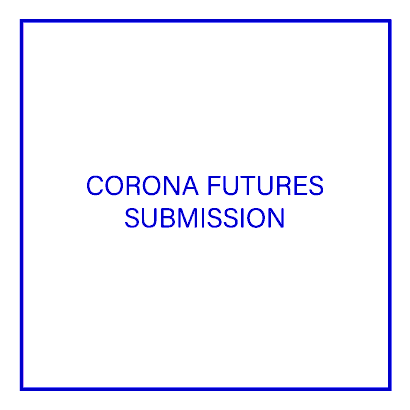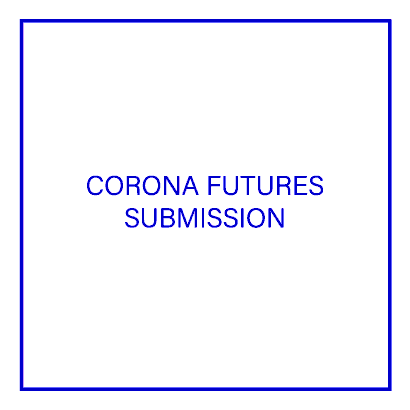While writing this I am sitting in my kitchen in Bolzano–Bozen, the capital city of the predominantly German-speaking province South Tyrol in northern Italy. The university, where I am heading the Master’s program in Eco-Social Design has been closed, just like all Universities and Schools in Italy. Teaching and learning take place online. I had to postpone our annual conference By Design or by Disaster (and eventually do it online > see below). I perceive a funny mix of strange mood, drastic measures, stressedness through the challenges of adapting, enormous media coverage, interesting conversations, changes of daily life and behaviours, deceleration and beautiful small situations outside (children playing outside, much less traffic and tourists, slower walking, calmness, etc.) All this makes me think:
(How) can the virus-induced situation be used to build up
momentum for social-ecological transformation?
momentum for social-ecological transformation?
While writing this I am sitting in my kitchen in Bolzano–Bozen, the capital city of the predominantly German-speaking province South Tyrol in northern Italy. The university, where I am heading the Master’s program in Eco-Social Design has been closed, just like all Universities and Schools in Italy. Teaching and learning take place online. I had to postpone our annual conference By Design or by Disaster (and eventually do it online > see below). I perceive a funny mix of strange mood, drastic measures, stressedness through the challenges of adapting, enormous media coverage, interesting conversations, changes of daily life and behaviours, deceleration and beautiful small situations outside (children playing outside, much less traffic and tourists, slower walking, calmness, etc.) All this makes me think:
(How) can the virus-induced situation be used to build up
momentum for social-ecological transformation?
momentum for social-ecological transformation?
Why:
Covid-19 arrived everywhere, also in the presumably save space of Western Europe. Here we usually hear about pandemics, wars and catastrophes only in the news. It’s crass, but it doesn’t touch us directly. While the more direct experience of crises, emergency and exceptional situations irritate “normal” thinking and behaviours. Normality is challenged, and therefore can be changed easier in substantial ways. The situation outlined above exemplifies this.
Covid-19 arrived everywhere, also in the presumably save space of Western Europe. Here we usually hear about pandemics, wars and catastrophes only in the news. It’s crass, but it doesn’t touch us directly. While the more direct experience of crises, emergency and exceptional situations irritate “normal” thinking and behaviours. Normality is challenged, and therefore can be changed easier in substantial ways. The situation outlined above exemplifies this.
Social-ecological transformation towards sustainable and solidary modes of production and living requires substantial changes.
The virus-induced crisis reveals the fragility of the globalized mode of production and living. While many ideas and practices that have been put forward under the umbrella term social-ecological transformation are generating resilience. Especially distributed structures and the relocalization of the production of goods, in particular of goods and services that meet basic needs such as food, shelter and thermal comfort. Such structures and modes of production are more resilient and sustainable than the globalized mode of production. Additionally, they can be easily organized in democratic ways, as opposed to the current globalized mode, which relies on power structures that appear impossible to be democratized. This should not end in local fortresses – or fortress Europe, which turns out again to be a tragic disaster these days –, but rather develop towards trans-local networks of solidary regions and projects. Much has been written about such resilient, sustainable and solidary modes of production and living (other keywords here are subsidiarity, commoning, subsistence, post-growth and reductive modernity). Many progressive alternative realities are already working, others exist since ancient times. Enough knowledge and experience are around.
In the current exceptional situation, many of the conceptions and examples of alternatives, which are also answers to the corona-induced of crisis, might appear more plausible and attractive to people, who are not yet engaging for social-ecological transformations. More and more people think that “it cannot go on like this”. Even though such thoughts seem to be widespread, they are not leading to actions, because within the immediate life contexts of most people just going on appears to be more convenient, also because the infrastructural, cultural and economic environment is supporting to continue within its logics. Irritated by the corona crisis many people now might be more receptive for change, and also for alternative ideas and actions.
Now again the question:
(How) can the virus-induced situation be used to build up momentum for such transformations? Which are the strategies, alliances and actions that can be activated for this purpose? Which framings, narrations, images and aesthetics are promising?
Concepts and argumentations I put together have been developed by other people. I don’t have time now for proper referencing. Sorry! I might add this later.
___________________________

